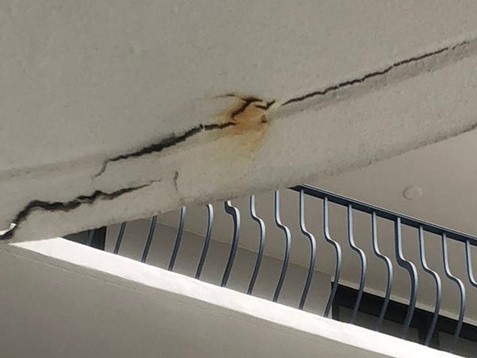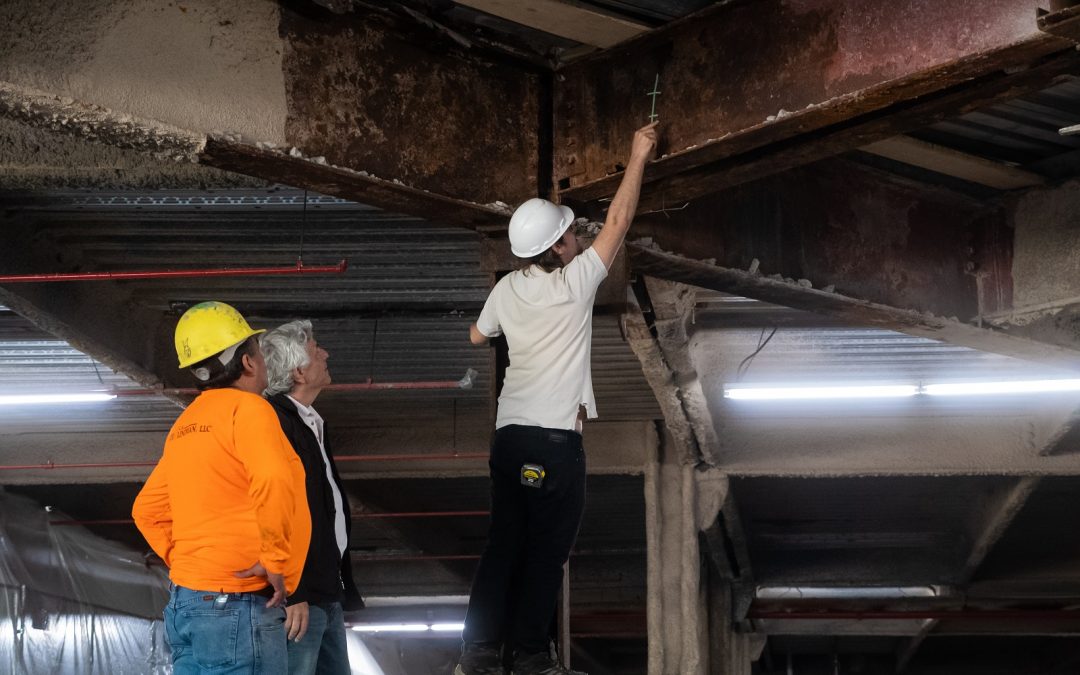A little over a year ago, Champlain Towers South condominium in Surfside, FL, collapsed resulting in the deaths of 98 people. A multitude of investigations revealed that construction defects, long-term water infiltration, and years of deferred maintenance may have contributed to the sudden and fatal collapse.
In response to the tragedy, Fannie Mae and Freddie Mac issued additional requirements that lenders must meet in order to make mortgage loans eligible for sale to Fannie Mae or Freddie Mac on the secondary market. The new lender requirements address deferred maintenance, structural integrity, and special assessments and reserves and are designed to prevent future tragedies. The new requirements are in addition to existing guidelines, not a replacement of current requirements.
The new guidelines apply to all condominium associations and co-ops with five or more attached units. Fannie Mae’s new guidelines are effective for all mortgages closings as of January 1, 2022, and Freddie Mac’s guidelines are effective for all mortgages closings as of February 28, 2022.
What do these new lender requirements mean for you?
Lenders will be requesting information not only from the borrower, but from the Association where the unit is located.
Fannie Mae and Freddie Mac released a new joint Condominium Project Questionnaire Addendum, Fannie Mae Form 1076A/Freddie Mac Form 476A, that an authorized representative of the Community Association must fill out to see if a loan would meet the new requirements.
Some example questions from the form are:

- When was the last building inspection by a licensed architect, licensed engineer, or any other building inspector?
- Did the last inspection have any findings related to the safety, soundness, structural integrity, or habitability of the project’s building(s)?
- Is the HOA/Cooperative Corporation aware of any deficiencies related to the safety, soundness, structural integrity, or habitability of the project’s buildings(s)?
- Are there any outstanding violations of jurisdictional requirements (zoning ordinances, codes, etc.) related to the safety, soundness, structural integrity, or habitability of the project’s buildings(s)?
- Does the project have a funding plan and schedule for its deferred maintenance components/items to be repaired or replaced?
- Has the HOA/Cooperative Corporation had a reserve study completed on the project within the past 3 years?
- What is the total of the current reserve account balance(s)?
- Are there or is there any planned special assessments unit owners/cooperative shareholders are obligated to pay?
How can Kipcon help you navigate these new lender requirements?
At Kipcon, our Engineers are devoted to maintaining and enhancing the property value of your community. From Reserve Studies and Inspections to Engineering Design, the financial and physical health of your community is our priority.
Click here for more information on our services.
Many sets of governing documents do not require an obligation of an Association to confirm or deny if they know of any unsafe conditions, deferred maintenance, or are planning a special assessment to a lender. It is possible that the lender could refuse to grant a mortgage without the completion of the form.
When answering these questions, the HOA/Cooperative Corporation should be as accurate as possible, as an error could lead to liability if a claim is ever brought for inaccuracy regarding questions on the Fannie Mae Form 1076A/Freddie Mac Form 476A.
If you have questions about the Fannie Mae and Freddie Mac requirements, please contact Kipcon today.
About Kipcon Engineering
Kipcon is a full-service engineering firm dedicated to maintaining your community’s property values. We are a team of professional engineers. Licensed inspectors, drone pilots and reserve specialists committed to enhancing the physical and financial stability of your property through innovative service and years of experience.
Kipcon’s founder Mitchell H. Frumkin, PE, RS recently cochaired CAI’s recent Public Policy Task Force dealing with Building Maintenance and Structural Integrity a copy of which can be found at https://www.caionline.org/search/pages/results.aspx?k=building%20safety.
Currently he has been speaking at a number of national programs on the topic of Building Safety.
He previously Chaired the Task Force which developed the National Reserve Study Standards of the Community Association Institute (CAI) as well as the Task Force which developed the Best Practices paper on Transition.
Kipcon provides a wide variety of services, from consultation on repairs and replacements to inspections and Reserve and Transition Studies.

